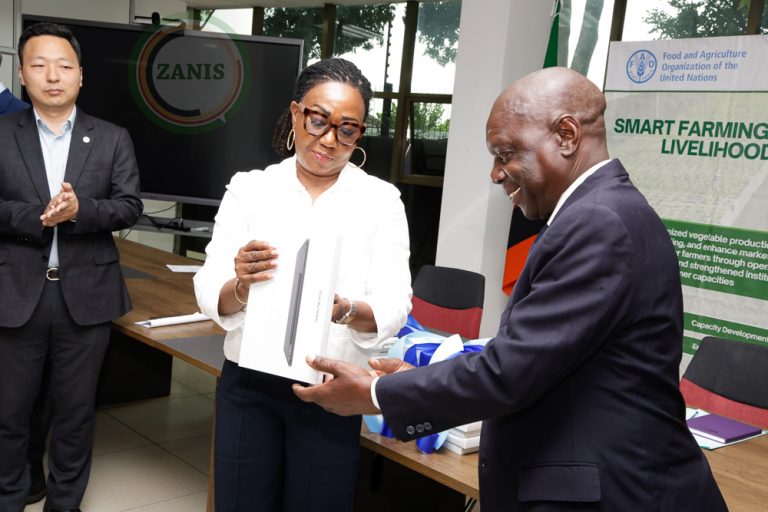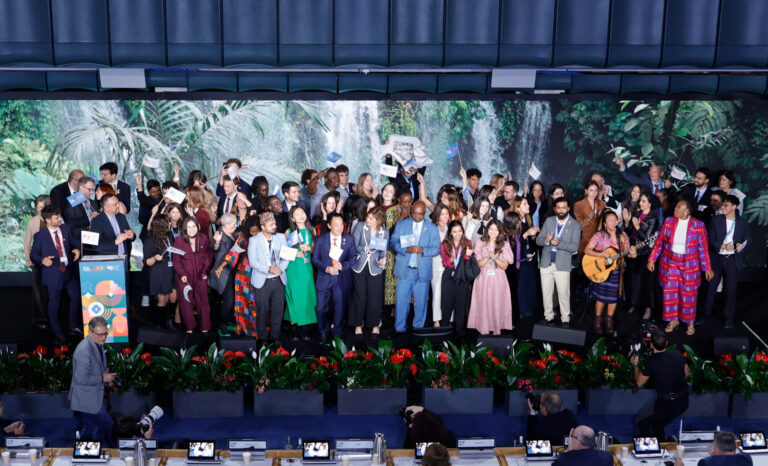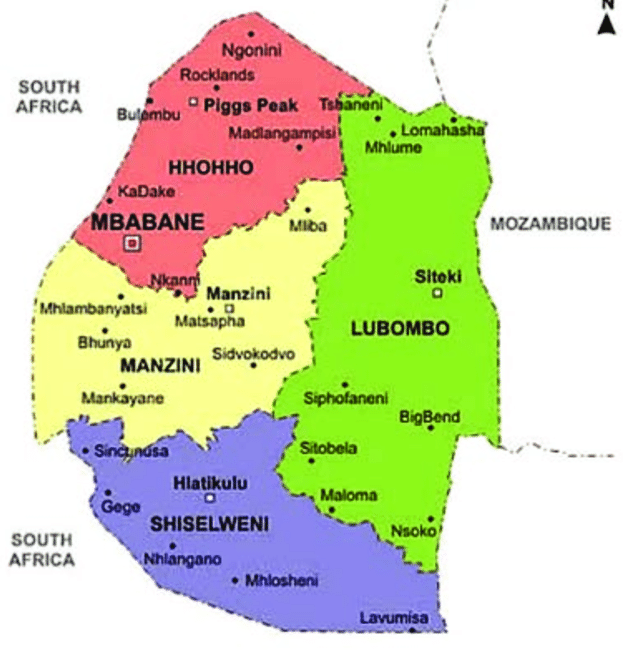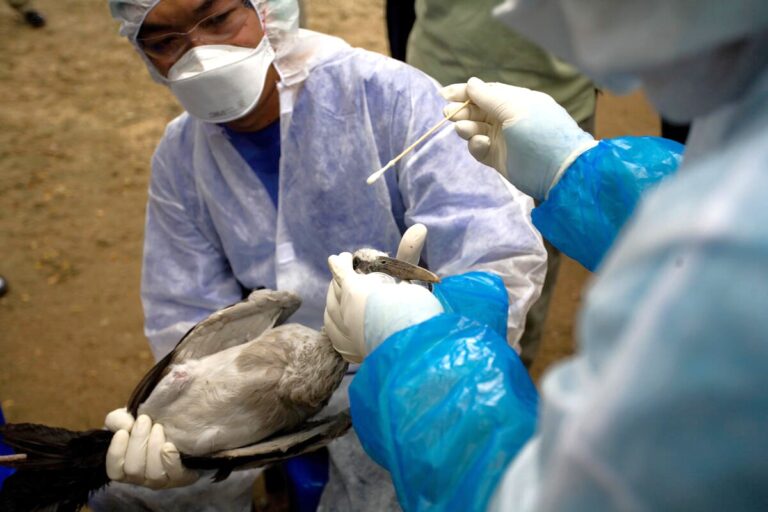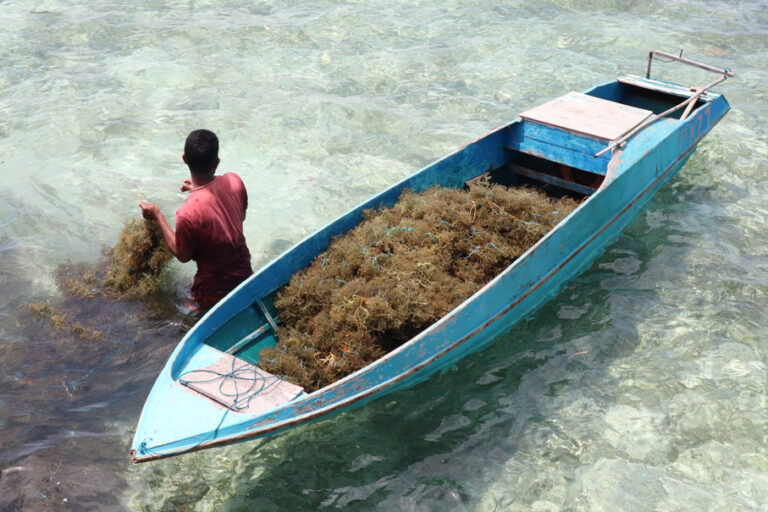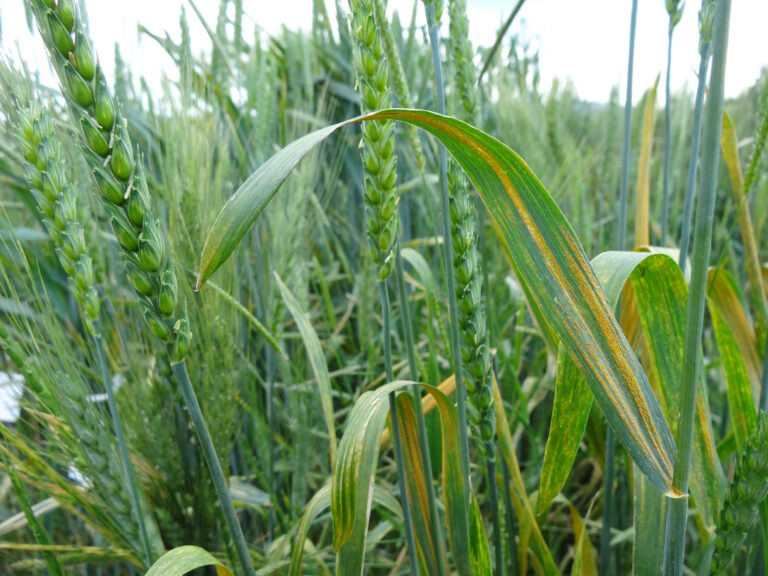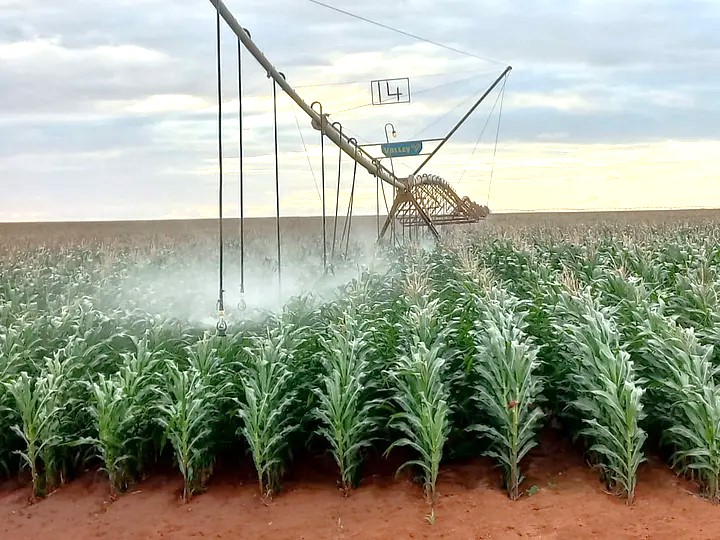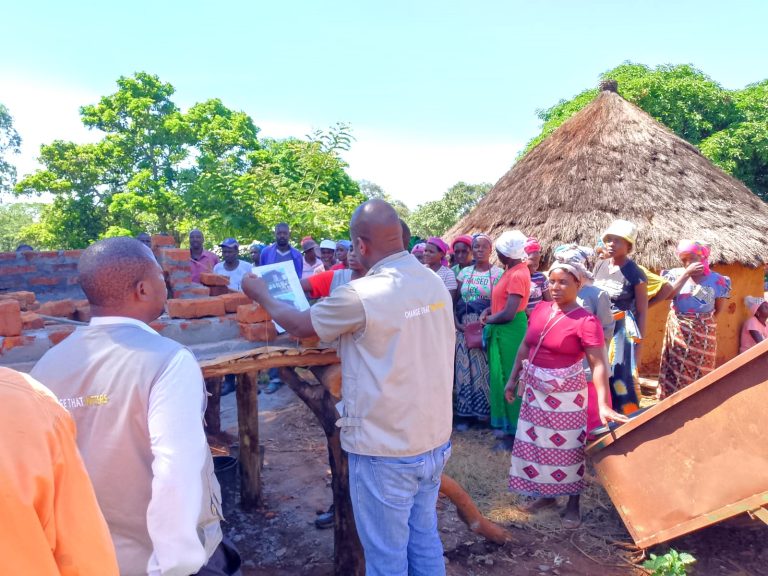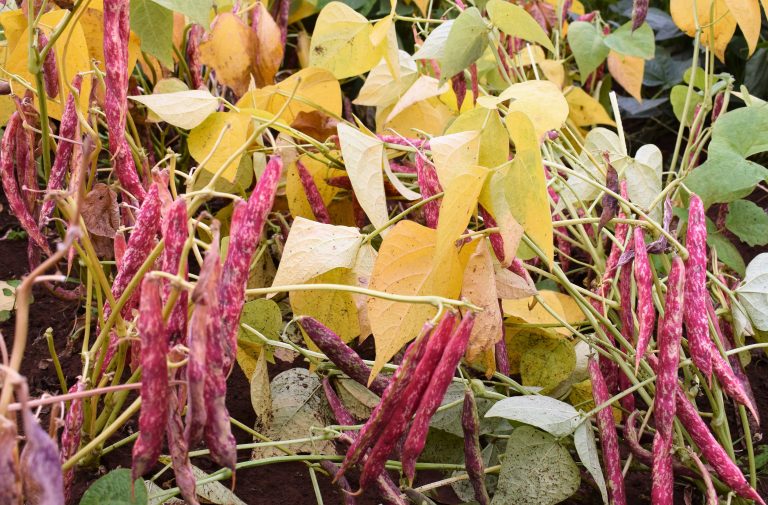Eastern Africa is facing the very real prospect that the rains will fail for a fourth consecutive season, placing Ethiopia, Kenya, and Somalia into a drought of a length not experienced in the last 40 years. IGAD’s Climate Prediction and Applications Centre (ICPAC) indicates that the first month of the March to May (MAM) 2022 season was particularly dry. As a whole, the region recorded higher temperatures and less than normal rainfall.
“The MAM rains are crucial for the region and, sadly, we are looking at not just three, but potentially four consecutive failed seasons,” said Dr Workneh Gebeyehu, IGAD’s Executive Secretary in an address to the media. “This, coupled with other stress factors such as conflicts in both our region and Europe, the impact of COVID-19, and macro-economic challenges, has led to acute levels of food insecurity across the Greater Horn of Africa”. The Food Security and Nutrition Working Group, co-chaired by IGAD and FAO, estimates that over 29 million people are facing high levels of food insecurity across the IGAD region.
“Already, 15.5 to 16 million of our sisters and brothers are in need of immediate food assistance, due to the drought. This is 6 to 6.5 million in Ethiopia, 3.5 million in Kenya, and 6 million in Somalia. In the southern-central part of Somalia, the situation is catastrophic, with 81,000 people at risk of famine,” added Dr Workneh Gebeyehu.
Dr Guleid Artan, ICPAC’s Director on his part said that “the severe shortages in water and pasture are leading to smaller food production, significant losses in livestock and wildlife, and a rise in a resource-based conflict in the region. On the outlook, our early warning systems and indicators show the situation worsening in the coming months”.
Alessandra Casazza, Manager of the UNDP resilience Hub for Africa emphasized the need for emergency action and development to work hand in hand. “Climate shocks keep coming back. We must invest in adaptation to build long term resilience across the region”. She also renewed UNDP’s call for countries in the Global North to honour their commitment to climate finance: 100 billion USD to help developing countries adjust to the climate emergency
In addition to the situation in Ethiopia, Kenya, and Somalia, the prolonged flooding and insecurity in South Sudan are likely to push another 8 million people into acute food insecurity.
IGAD calls upon all stakeholders to urgently coordinate multisectoral and life-saving assistance, in the immediate and short term. It also urges that livelihood programs be scaled-up to protect the lives and livelihoods of farmers, agro-pastoralists, and pastoralists saying this will help support their recovery and self-reliance in the immediate and medium-term.



